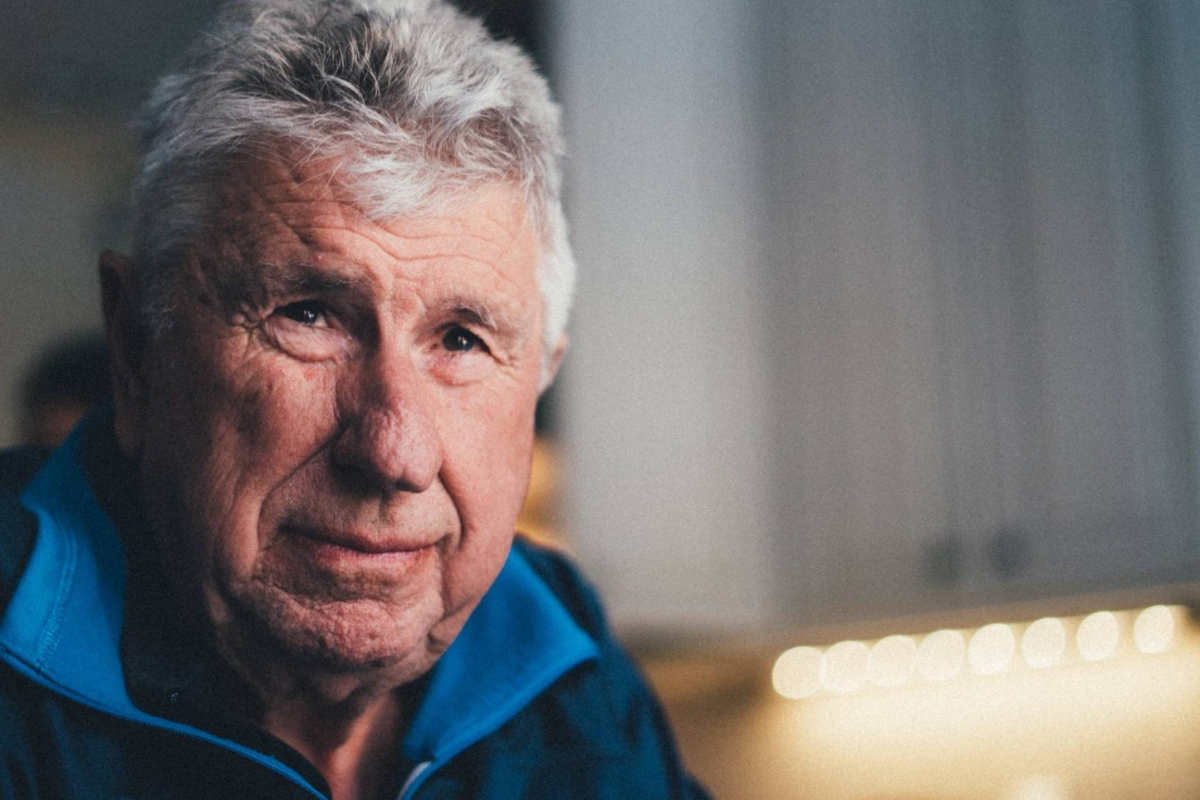We can all feel lonely from time to time – maybe you weren’t invited to that party being splashed over social media, or it seems everyone is coupled up except for you, or you still feel alone while surrounded by others.
It’s important to recognise that being alone doesn’t always equal being lonely (you might love spending time on your own), and likewise, being around people doesn’t necessarily stop feelings of loneliness.
What’s missing when you’re lonely – says Dr. Vivek Murthy, author of ‘Together’ – is the feeling of closeness, trust, and affection of genuine friends, loved ones and community.
Loneliness is a normal emotion; however, it can become problematic when it turns into chronic loneliness.
The difference between regular loneliness and chronic loneliness
As its name suggests, chronic loneliness is an ongoing experience of feeling lonely. Rather than it being an experience that pops up every now and then, it’s more of a regular state.
Chronic loneliness, which – just like loneliness – isn’t considered a specific mental health condition, can cause a decline in your health and wellness.
Impacts of chronic loneliness
Chronic loneliness impacts both your mental and physical health. Feeling isolated and an ongoing sadness can put you at greater risk of depression and anxiety.
Poor mental health has been linked to a decline in physical health. According to the Royal Australian and New Zealand College of Psychiatrists, this includes greater exposure to the known risk factors for physical disease, such as socio-economic status, smoking, poor nutrition and reduced physical activity.
A 2017 study found that the majority of participants (63%) with a strong degree of loneliness had visited a physician (versus 42% without loneliness), and 21% had had inpatient treatments.
Who is at increased risk?
While chronic loneliness can affect anyone, older people are especially vulnerable, with many scientific papers focused on the impacts of loneliness on those in aged care homes.
You may also be at increased risk if you move around a lot and haven’t found your community or a network of friends, if you experience mental health issues, are out of work, have health or physical issues that restrict you from being with others, or are estranged from family. Those who have experienced abuse are at increased risk, as are those who are in a state of burn out or overwhelm.
The COVID-19 pandemic increased the instances of chronic loneliness, with people being separated from friends and family due to social distancing, and unable to continue their regular routines. A recent UK study found that the groups most at risk for loneliness during the pandemic were women under the age of 35, those with chronic health conditions and people who were unemployed.
How to stay connected
The good news is there are things you can do to reduce your risk of experiencing chronic loneliness, even if you’ve been feeling this way for some time.
A crucial factor is becoming – and staying – connected to others. Having strong relationships can be a protective factor against anxiety and depression, which can in turn protect you against other health issues, as explained above.
There are many ways to find your community, whether that be in-person, online or even by old fashioned letter writing (check out The Letterbox Project if you want a pen-pal).
While it can be intimidating to put yourselves out there, look for small moments of connection throughout your day. This can be as simple as asking the barista how their day is going, or texting a friend just to say you are thinking of them. And while there’s merit in giving yourself downtime, try to say yes to the invitations that come your way, and be open towards the people who are extending friendship to you – they too may be lonely and in need of connection.
There are meet-ups you can attend or groups you can join. The Ending Loneliness Directory is a fantastic resource that lists opportunities for connection across Australia, such as community events. The directory can also help you find online services and help at home, health care providers and crisis support.
Volunteering for a cause you care about can be a great way to meet like-minded people, make a difference and reduce feelings of loneliness. A UK study of 10,000 volunteers found that about two-thirds of people agreed that their volunteering had helped them feel less isolated, particularly amongst those aged 18 to 34.
It can be handy to start identifying the things that worsen your feelings of loneliness, such as scrolling through social media or spending time with people who don’t make you feel good about yourself. A mindfulness practice, where you acknowledge your feelings, may be helpful, and it can also be useful to validate your emotions rather than wishing them away.
As feelings of loneliness aren’t always a result of being alone, it’s worth also looking at other ways to help yourself feel better – which may mean seeking therapy or talking to your GP about your mental health.
Lastly, be kind to yourself. Chronic loneliness is a hard thing to experience, and you can feel like you are the only one going through it. Relationships Australia NSW offers counselling to help you live a happier, more connected life, one in which you don’t feel alone.






